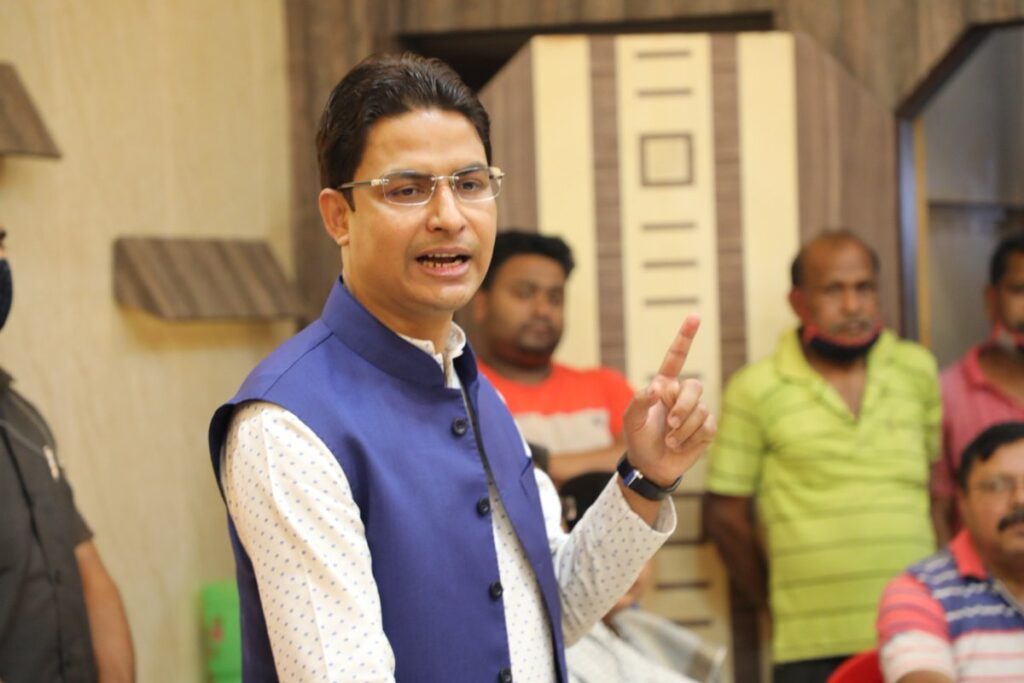In a move that has sparked heated debates across West Bengal, Chief Minister Mamata Banerjee’s cabinet recently approved a proposal mandating Bengali as the second language to be taught in all private English medium schools in the state. While proponents argue for the promotion of the state’s culture and language, critics, particularly in the hills region, are raising concerns about potential discrimination and imposition.
Darjeeling MP Raju Bista has emerged as a vocal critic of the decision, stating that the move goes against the principles of equality and non-discrimination enshrined in Article 14 and 15 of the Constitution. He argued that learning should be a voluntary process, and imposing a specific language contradicts this principle. Bista’s statement also highlighted the linguistic diversity of North Bengal, with various indigenous languages spoken in the region, including Gorkha languages, Rajbangshi, Sadri, and Hindi.
Bista contended that the cabinet’s decision disproportionately favors Bengali and overlooks the linguistic rights of these indigenous communities. He emphasized that students in the region have traditionally been allowed to choose their second language, with many opting for their mother tongue. The imposition of Bengali, according to Bista, infringes upon this choice and encroaches on the democratic rights of the students.
The MP further drew parallels to a similar controversy in 2017, when the Trinamool Congress (TMC) government’s language policy sparked widespread protests in the Darjeeling region, ultimately leading to calls for the creation of a separate Gorkhaland state. Bista suggested that the current move could once again polarize voters ahead of the 2024 elections.
Bista appealed for a withdrawal of the imposed language mandate, urging the government to avoid creating divisions within the state’s diverse population.
As the debate intensifies, it remains to be seen whether the TMC government will respond to these concerns and reconsider its language policy, or whether the controversy will continue to fuel tensions and political maneuvering in the lead-up to the upcoming elections.

